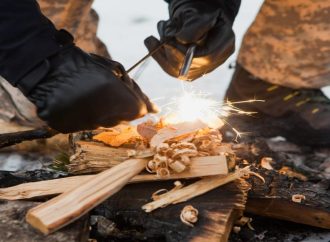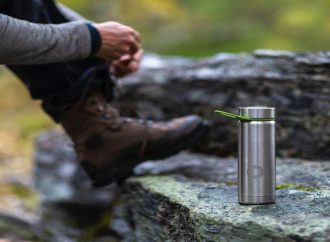During a SHTF crisis there is always a well-intentioned prepper who will make bug in mistakes. Some of those are silly and can be overlooked, but some can be downright dangerous and endanger you or your loved ones. To bug in successfully is to stay indoors to protect your family, the home, and your supplies
During a SHTF crisis there is always a well-intentioned prepper who will make bug in mistakes. Some of those are silly and can be overlooked, but some can be downright dangerous and endanger you or your loved ones.
To bug in successfully is to stay indoors to protect your family, the home, and your supplies that have been built up in case of such a disaster. Even some of the most seasoned preppers can make bug in mistakes when it comes to survival.
There are many simple bug in mistakes that can be avoided but errors sometimes are unavoidable. However, these mistakes can be limited with the right advice and research. Bugging in may feel much safer than bugging out, but sometimes the option is not possible so it’s essential to plan for both.
Here we examine the most common bug in mistakes preppers make and how to get on top of them in advance of a major SHTF scenario in the UK.
1. Be Prepared To Bug Out
If a disaster should occur you may be forced to remain indoors by the authorities or simply choose to do so to stay safe. However, you should not neglect Plan B which will be to bug out somewhere else, and there’s no way of knowing when or why you will need to do so, but even the best laid bug in plans can go awry.
You may have everything you need in your home, but what about if flooding is expected, or the sewage system backs up and fills your home with toxic human waste, or riotous mobs are on the way from the city and you need to get out of there?
Whilst your plan may be solid and you intend to bug in, circumstances out of your control may cause you to bug out, and you should always be ready for that possibility, even if it’s only a 5% chance.
In the event of a nuclear disaster, a natural crisis, or a manmade issue leading to a pandemic, you will want to make sure you have all of the details before making a decision to leave.
Always have an exit strategy of where you will go, and make sure your family knows it.
2. Not Keeping An Inventory

If you fail to create an inventory for your gear you might end up realising some of the important pieces of your stock are not there. Make a list so you can note what is in your supply stock and so that you can carefully ration when the need arises – do this for both food and non-food products.
Chances are that you will have planned your stock for each person in your household so that you know what you have, and how to safely distribute it in times of emergency when you have to bug in.
Also, remember to rotate food storage and when you buy new food add it to the list and label the quantity and expiry date. A spreadsheet is a great way to do this as you can filter by expiry date and then just mark it off and move it to your normal food cupboard when the expiry date approaches.
3. Not Having Enough Security
Up the security of your home if you are bugging in, taking action to improve your defences. This might include adding deadlocks, door barricades and heavy duty locks to external doors. People will always take any opportunity they can so you want to be safe from this scenario, and even though you don’t have to implement them right now, you can keep them for troubled times.
The average house in Britain is fairly easy to break into, with glass windows that can be smashed through and uPVC doors that wouldn’t stand up to a bunch of men barging it down with their shoulders.
While being prepared for something like this may seem extreme, upping your home’s defences will provide you with reassurance. You don’t have to live in Fort Knox right now, but it wouldn’t hurt to have boards of wood cut out to the exact size of your downstairs windows which can be nailed into place in minutes should you need to hunker down.
Don’t forget about the garden too, the whole idea is to make your home and all its entranceways seem as inaccessible as possible, so that those wishing to do you harm or steal your supplies will think again and simply move along.
4. Not Storing Enough Supplies
Not following the one month rule. Most Brits will have enough food to last the next week, until the next big shop. But a disaster can last much longer so aim to have enough water and food to last your family for a month at all times. That’s breakfast, lunch, dinner and snacks too. Should you be forced to bug in, this preparation is crucial.
Buying food that needs to be frozen may mean investing in a chest freezer, but if the grid goes down it will be ruined. Tins that you can eat cold as well as warmed up are ideal, as are large bottles of water that you can grab when needed. Bare minimum you need is around 1500 calories per day, per family member to last one month.
This is your emergency supply so store it well. Rotate your stock half-yearly by double checking the expiry dates on certain products you have stored.
5. Not Knowing Your Neighbours
If you know your community and neighbours, these may be your main resources during an emergency. Bugging in is a great option because you know you can trust those around you, and they know that they can trust you.
If the grid was to go down, bugging in means that those who need to, know where to contact or find you. It is easier to stay home as you are familiar with your surroundings so don’t make the mistake of leaving home being your only option. Surviving at a different location can lead you into the unknown.
6. Storing The Wrong Foods
During a grid down or similar situation, British preppers need to avoid stocking up on supplies like frozen foods unless you have additional means to power it. You should only consider nutritional storable food as it’s important to fuel your body properly to stay alive and remain as healthy as possible.
Avoid storing tins of food that you and your family wouldn’t usually eat – although they last years, if you won’t eat the contents then you are simply wasting space that can be used for other foods that you enjoy.
Store spices to add flavour to plain tinned food or meat you’ve hunted. A good prepper will also ensure water is plentiful not only to drink, but to rehydrate freeze dried meals. In addition, it’s important to stock up on multivitamins too as well as regular food to supplement health.
7. Not Preparing For Every Possibility
Anything can happen so don’t make the mistake of prepping for just one singular eventuality. What if there’s a nuclear attack but you have only prepared for major flooding? The money you have put away in case of a financial crash will be useless should World War III break out and fiat currencies quickly become obsolete.
Bearing this in mind, make sure your plan is adaptable then you can modify it during a crisis. Cover the essentials of survival, what you need to live – water, food, shelter – and then expand from there.
8. Having Poor Bug In Conditions
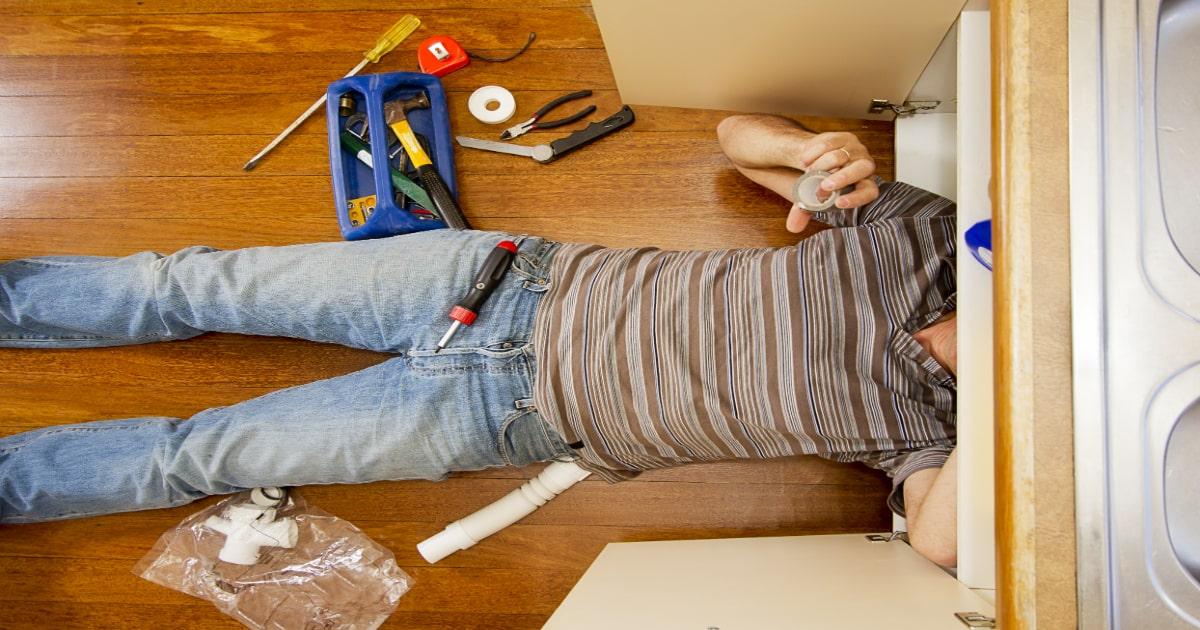
By leaving your home in a poor condition, if you are forced to bug in then a house in a bad state will not be comfortable to hole yourself up in. Ensure that your home is a pleasant place to be should a crisis occur which leaves you with no option but to remain indoors.
This might include keeping up with DIY and general maintenance, fixing broken locks, repairing broken pipes, fixing windows, and ensuring that everything works as it should. This way you will be more comfortable whilst bugging in and your home will be safe and sound in good times as well as bad ones.
9. Not Hiding Your Supplies
Don’t get it wrong when it comes to hiding your gear. If it’s easy to find, any would-be thief will think he’s won the lottery. Break-ins are common during times of crisis when people are desperate and there are plenty of secret hiding places for your stash at home.
Think about hiding your supplies, food, weapons – anything that you think you will need in times of emergency. Read about the best places to hide your gear in this article.
10. Not Being Prepared To Defend What’s Yours
By ignoring the fact that you might need to defend yourself and your family, you leave yourself at risk of break in during a crisis. Think about weapons that are currently legal in the UK and keep them stored ready to move where they are easily accessed during a SHTF event.
Certain rifles are legal in Britain as long as you have a licence so get these ahead of time. Other items might include timber with nails or weighted impact devices. Get these things now as in a SHTF situation you won’t simple be able to buy a crossbow online or nip to the local gun shop to buy a shotgun as you won’t have a licence.
11. Loose Lips Sink Preppers
If things do go seriously pear-shaped, your home will be the first to be ransacked if you have told everyone what you are doing and how much of a supply stock you have – other than your immediate family of course.
Don’t make the bug in mistake of telling people you have loads of supplies because you will become a target when the SHTF and others have made the error of not prepping for a worst-case scenario and will simply seek to take it from you by brute force.
You might get a kick about telling your friend down the road how much survival stuff you have in case of a disaster to show how well prepared you are, but you can guarantee that after a couple of days when they’ve had no food that they will remember you and show up with some unpleasant, equally hungry friends.
12. Forgetting The Daily Comforts
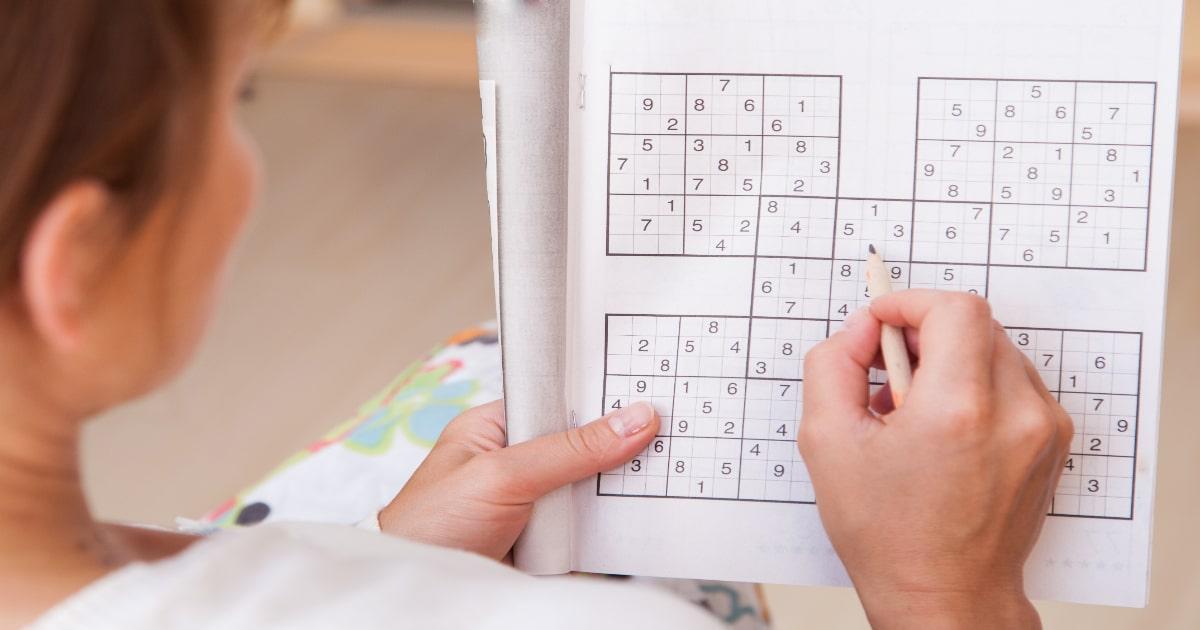
There is nothing worse than being told to isolate in your home, or bugging in, against your own will. For example, if a nuclear bomb has gone off and fallout is dropping outside preventing you from leaving the home for weeks on end. Prepare for the worst and you will be well placed to live comfortably whilst you have to stay indoors.
Make sure you have plenty of pillows and blankets and lots of entertainment. This might include a selection of board games, puzzles, colouring books, paints, books, a wind-up radio – in fact anything that can keep you all amused when you can’t leave the house.
With puzzle books, remember to only use pencil lightly, so you can erase all the answers and then another family member can get the same amount of use out of it after you’re done.
13. Copycatting Someone Else’s Bug In Plans
Don’t copy somebody else’s bug in plan as theirs may not suit your own situation. It’s too often the case that we will seek to replicate another prepper who may not even live in your country and not be preparing for the same scenarios as you are.
Make sure your bug in plan is unique to you, your family, your home, your location, your country and the catastrophes you think will affect you.
14. Being Slack About Practicing Your Survival Skills
Develop your skills and learn to use a number of different tools that make up your bug in gear. After all, what’s the point in having gear that you wouldn’t be able to use when the SHTF? Or thinking you can create a fire just because you bought a bow drill but have no idea how to use it.
It’s a prepping sin and major bug in mistake to just store the items and not practice how to use them, as it will leave you frustrated and put your family and your home at severe risk of invasion.
15. No Plans For Not Having Electricity Or Water
What if the grid goes down for the entire UK? How will you light your home or cook your meals? If you have no water you won’t be able to flush the toilet or even take a shower. Plan how to cook food or boil water in such situations.
Perhaps think about a barbeque or fire pit and making sure you have charcoal or gas bottles to hand. It’s fascinating what can be done using bare basics when you need to.
16. Forgetting Fido’s Food
A key bug in mistake is forgetting your pets will need to eat, so in the event of a SHTF event you will want to keep them safe too. Don’t rely on feeding them your pleasant human food though as your human food should be rationed for you and your human family – plus, they should be eating nutritious food meant for them not you!
Try and stock up on pet food that has a reasonably long life and, as you rotate your stock every 6 months, you can use up that food and replace it for your stockpile again. The next time you open a new bag of dog or cat food count exactly how many days that bag last, so you know how much to stockpile and for how long.
17. Prepare For The Seasons
If you are not prepped for different seasons you might find yourself too hot in summer and too cold in winter. If there is a crisis, you will probably be without electricity to put the heating on or water for a hot shower in winter.
There might be a distinct lack of water to help you cool down in warm weather, or you may not be permitted to open windows if there’s an airborne issue. Make sure your plans are adapted to the different seasons so that survival is on the cards regardless of the seasons.
18. Not Being Prepped Mentally
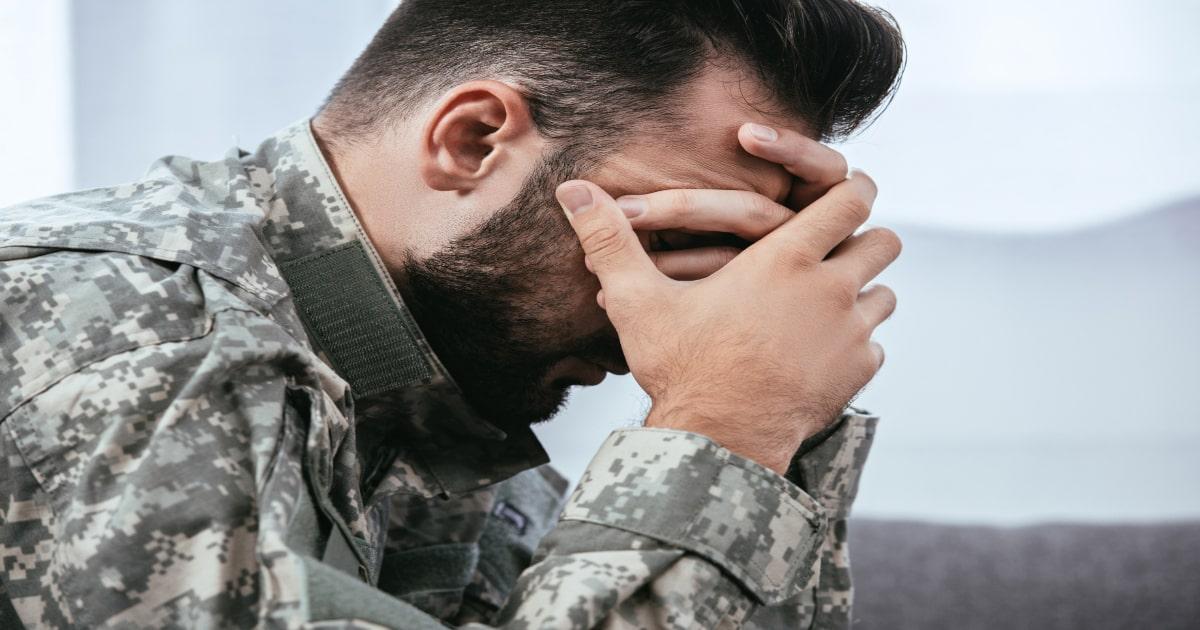
Last but by no means least – prepare yourself mentally for SHTF. When the world’s economy or the UK’s structure collapses you might find your children hungry, street rioting on your doorstep, burglaries commonplace and no sense of normality. Think ahead what you would do should the world fall apart around you, and think about all eventualities that could possibly happen.
Part of being mentally ready is having confidence in your skills and your supplies, and knowing you are physically prepared in this way will give you a huge boost. You should actively consider various situations and play them through in your head. What would your first actions be if you saw the bright flash of a nuclear explosion? You know marital law is coming, so have you planned to bug in or bug out?
You can guarantee everyone around you will be running about like headless chickens buying fuel and toilet paper like they did with coronavirus, and making bug in mistakes like filling trolleys with all the wrong kinds of short-expiry survival food in a panic at your local supermarket, stripping the shelves bare in hours.
You, on the other hand, will be able to be like a Zen monk with a satisfying smirk on your face as you know your family are well-equipped, and you have a plan for every situation. Even if the situation is scary and you are nervous and shocked, that’s only natural, being a prepper has prepared you for this exact moment, so stay cool, calm and collected.
This will also allow you to be the leader who people look up to and trust in your family unit.





